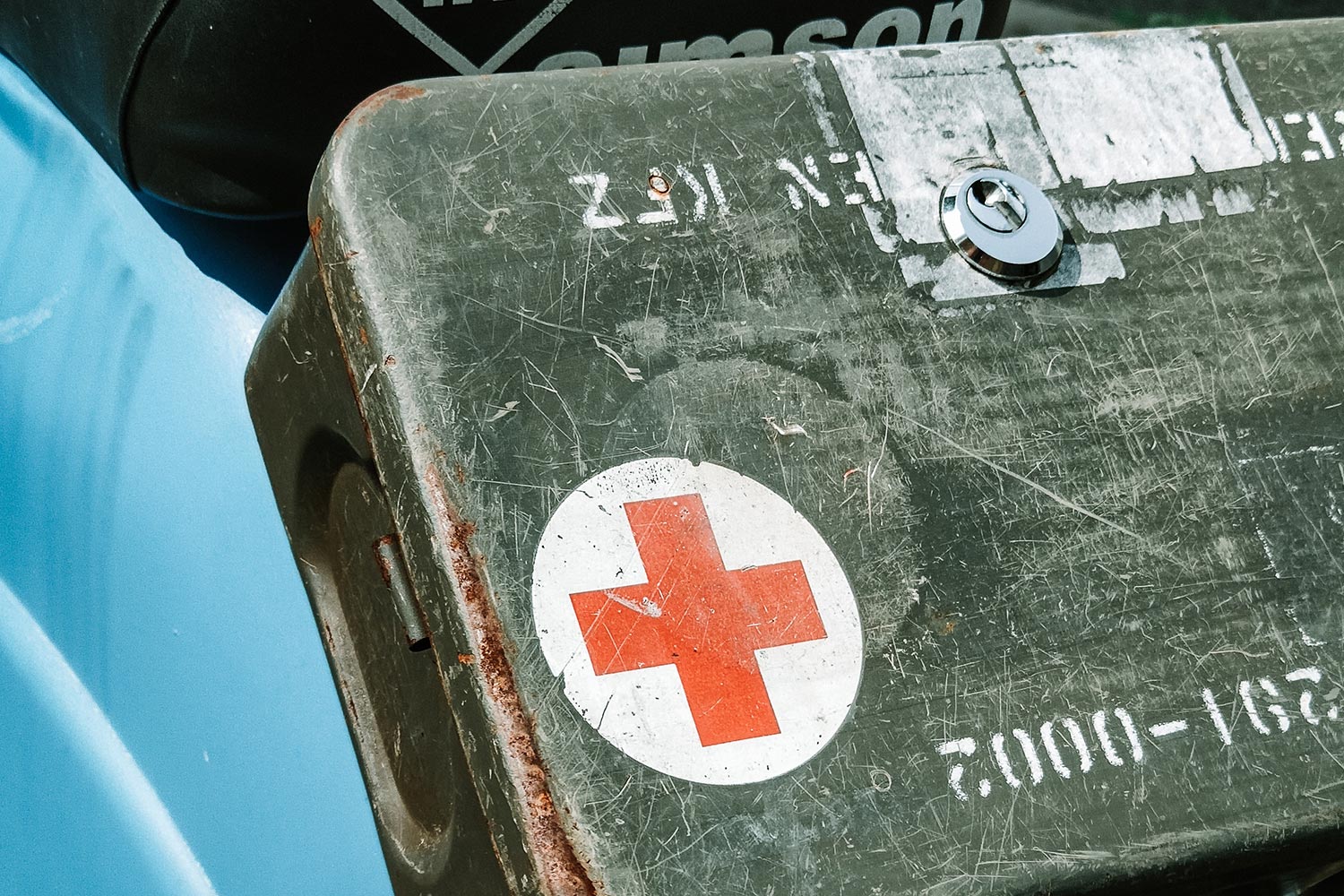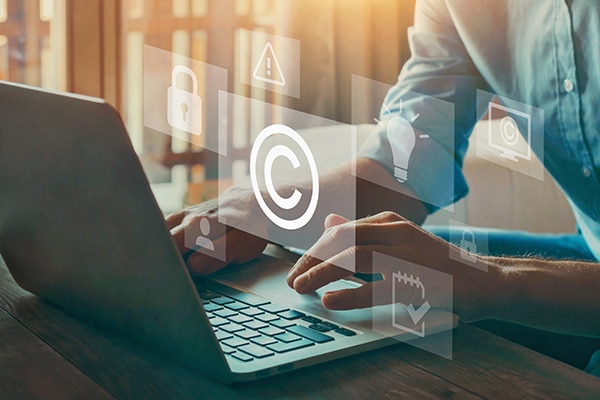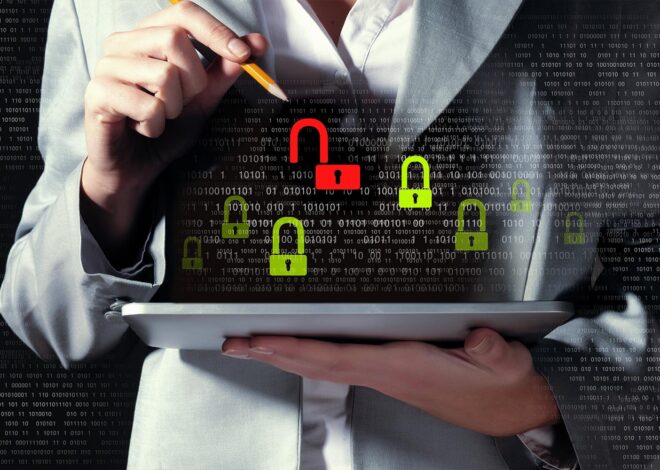Five Emergency “Musts” for Your Nonprofit
Blue Avocado shares five “must-have” emergency supplies for nonprofit workers to keep at their desks in case of disaster.

When disaster strikes, what should you have in your desk or workstation?
In a disaster, nonprofits and for-profits have some similar needs — like having a data backup plan to ensure business continuity. But nonprofits also often have crucial roles in providing assistance to others in the immediate aftermath.
Community members are used to turning to their local organizations for help in the moments after disaster strikes, and even before first responders arrive they will look to your organization. In Hurricane Katrina, for instance, nonprofits stepped up to help without worrying about whether helping disaster victims was included “mission creep”!
While your organization should have emergency supplies and a disaster plan, in this article we look at something much simpler: what you should have in your desk or workstation:
1. Flashlight
Don’t get stuck in the dark — literally! Electricity is typically one of the first things to go out. Your office or theater or warehouse should have flashlights, but get one for yourself, too, so that you’ll one instantly, and the organizational ones can be used by others.
2. Whistle
You can use it to call for help, to let others know where you are, and to get everyone’s instant attention in case of a crime in progress or other emergency.
3. Bottle of Water
In case you’re trapped in the office for hours or need to wash out a wound.
4. Battery-operated Radio
If the electricity is out don’t use up your cell phone battery looking for news on the web.
5. Old Walking Shoes
Next time you’re ready to toss some old sneakers, bring them to work instead. If you have to walk down a dozen flights of stairs or walk a mile to an emergency gathering site, you don’t want to do it in heels.
Every community nonprofit is a disaster response organization in an emergency. Even a small nonprofit may become the lifeline for its immigrant constituents or an emergency shelter or kitchen for the neighborhood. The roles we play in disasters is a reflection of the often-overlooked roles we play as community anchors.
Perhaps most important to remember in the first moments of a disaster: take some deep breaths, assess what’s happening around you, and plan your next steps. Look after your own safety first, as you can’t help others if you are injured. Keeping these five items at your desk give you a good start with your own safety so you can turn your attention to helping others.
See also:
About the Author
Blue Avocado is an online magazine fueled by a monthly newsletter designed to provide practical, tactical tips and tools to nonprofit leaders. A small but mighty team of committed social sector leaders produces the publication, enlisting content from a wide range of practitioners, funders, and experts.
Articles on Blue Avocado do not provide legal representation or legal advice and should not be used as a substitute for advice or legal counsel. Blue Avocado provides space for the nonprofit sector to express new ideas. Views represented in Blue Avocado do not necessarily express the opinion of the publication or its publisher.












Thank you for reminding us to plan for disasters! Gloria in Denver
I have personal experience with #1. I am E.D. for a small music nonprofit and I remember vividly using a booklight (used by chorus members for reading scores in a darkened theatre production) to get down five floors of stairs with several colleagues in tow (before the ‘everyone has a cell phone’ days, too).
Good suggestions!
Great story and great point. Thanks for sharing it with all of us! Jan